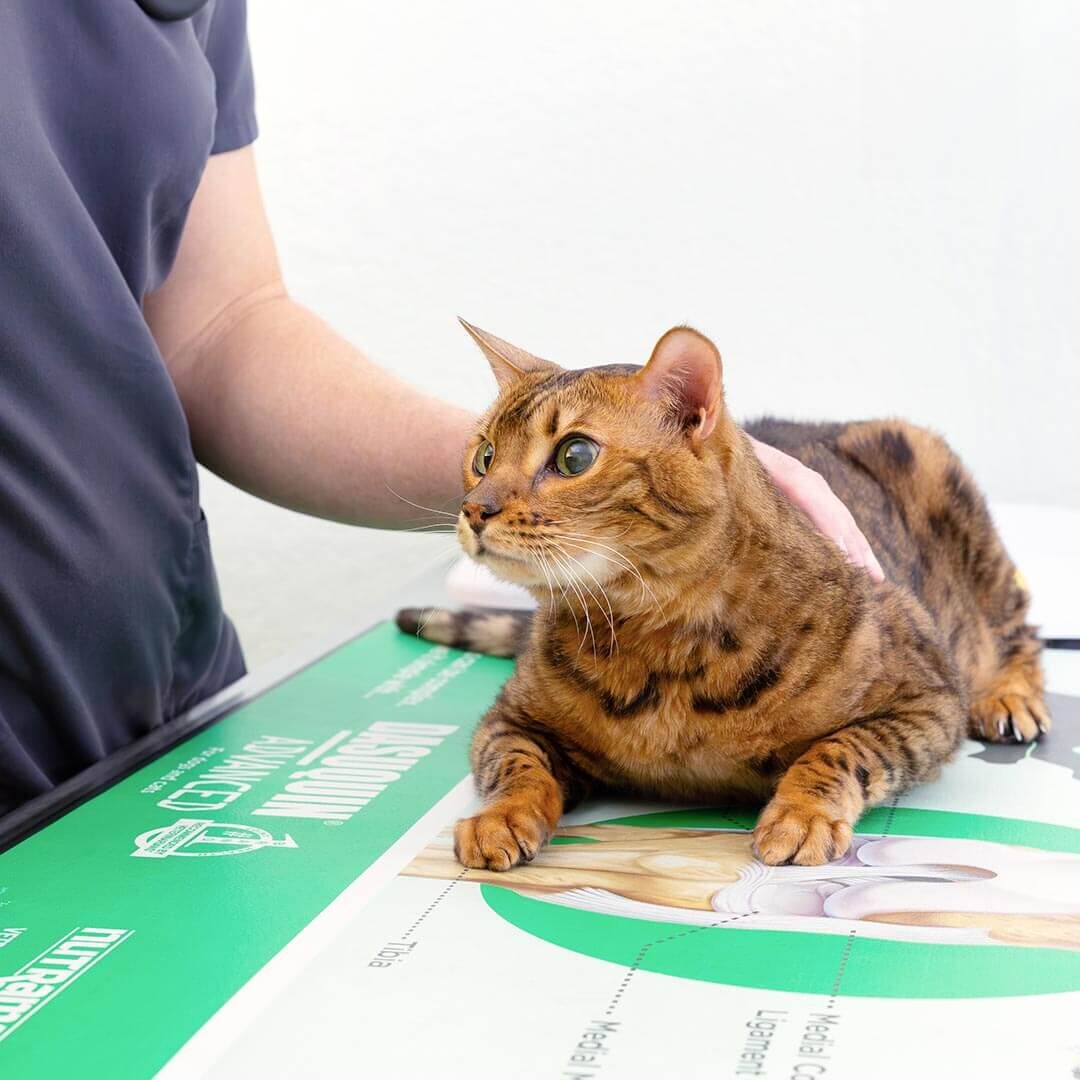

It’s common for dogs and cats to suffer from skin conditions and allergies, but these issues can be stubborn to treat if they are left to their own devices. At Wimberley Veterinary Clinic, we routinely help pets find relief from their itchy skin and related issues, taking a tailored approach to find a solution that meets the patient’s unique needs. If your companion shows any signs of an allergy, which you can learn more about below, we encourage you to reach out so our team can help.
The sooner we can treat your pet’s skin disorder and/or allergy, the sooner they can return to a happy, normal life. Call (512) 847-5630 or request an appointment online.
Signs of Allergies in Dogs and Cats
Do you notice any of the following conditions and/or behaviors in your pet? If so, be sure to let us know!
Excessive scratching, licking, or biting at the skin
Recurrent ear problems
(swelling, pain, yeast)
Swelling around the eyes or lips
Hair loss or bald patches
(especially between the toes and under the arms/legs)
Scaly or flaky skin
Red, inflamed skin
Sneezing, coughing, or wheezing
Strong skin/ear odor
Types of Allergies and Skin Conditions Seen in Dogs and Cats
Pets can experience all kinds of allergies and skin conditions, each with its unique causes and symptoms. Some common types include:
- Flea allergy dermatitis: An allergic reaction to flea bites, which often causes severe itching.
- Food allergies: Reactions to certain ingredients in pet food, leading to skin and gastrointestinal issues.
- Environmental allergies: Triggered by pollen, mold, dust, and other environmental factors.
- Contact dermatitis: Caused by direct contact with irritants like chemicals or plants.




Why Timely Intervention is Important
Without timely treatment, your pet’s allergy and/or skin condition can get worse. Dogs and cats can only respond to their itchy skin by licking and scratching at it. If this licking and scratching goes on long enough, it can cause the break down of your pet’s protective skin barrier, leaving them vulnerable to a bacterial infection and other systemic health issues. Also, pets can experience stress as a result of their chronic discomfort, and their mental well-being is just as important as their physical health.
Prompt care ensures a more clear-cut diagnosis and appropriate treatment, preventing further complications.
